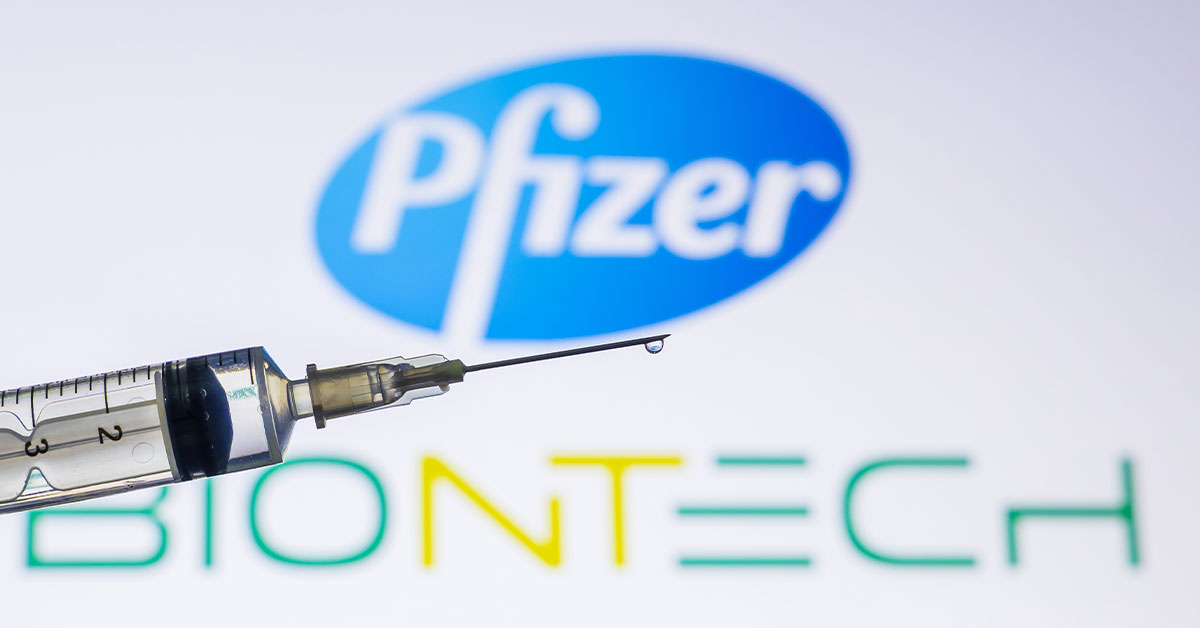The coronavirus just won’t go down easily.
When we imposed lockdowns and stayed in our houses, the coronavirus lay patiently in some unsuspecting bodies, waiting to enter others once restrictions were lifted.
Even when you manage to rid an entire country of the virus – like New Zealand did – it’ll still somehow find its way back to you.
Now, it seems that the two jabs in the arm we’re taking to protect ourselves against COVID-19 may not be enough for the long term.
Pfizer Chief Thinks We Might Need Another Booster Shot Within a Year After We’ve Taken 2 Doses
That’s right, vaccine recipients will likely need a third booster shot of COVID-19 vaccines a year after vaccination.
Or at least that’s what Pfizer Chief Executive Albert Bourla thinks.
In fact, Mr Bourla believes that we may need annual shots to remain immune to the coronavirus.
Why is this? One word: coronavirus variants that are already spreading.
Reader: That’s like six words.
See, initial data has shown that vaccines from Moderna and Pfizer-BioNTech are most effective for around six months.
It’s not known how effective they are beyond that.
Even if immunity does last longer than six months, regular booster shots may be required to protect ourselves against variants of the coronavirus, which are already spreading around the globe.
This is similar to taking a flu shot every year, as the influenza virus mutates pretty quickly.
The White House said it’s now preparing for a booster COVID-19 shot between 9 to 12 months after vaccination.
Those most vulnerable will likely get it first.
Good News: Low Number of Vaccine Recipients in US Have Got Infected
It’s not all bad, however.
There was a worry that the vaccine wouldn’t provide adequate protection against the coronavirus with all the variants currently spreading.
But a recent statistic released by the US Centers for Disease Control and Prevention (CDC) has dispelled that notion.
According to the CDC, around 5,800 “breakthrough” COVID-19 infections among roughly 77 million people in the country who have been fully vaccinated have been reported.
This means that only 0.007% of those vaccinated in the US have gotten infected with COVID-19.
Of these, 29% were asymptomatic (twice the rate seen in unvaccinated patients) and over 40% aged 60 and above.
As for why not every vaccine recipient is protected against COVID-19, well, there are two main reasons:
- The recipient did not mount a strong immune response
- They were infected by a coronavirus strain that managed to break through the vaccine’s defences
But this was expected; Pfizer’s vaccine, for example, has an efficacy rate of 95%, meaning five out of every 100 vaccinated individuals may not develop immunity.
Still, this is a much higher number than experts were hoping for.
And if getting a jab in the arm every year means that we’ll be able to travel, organise parties, and talk loudly on the MRT again, then it certainly seems like a small price to pay.
You can watch this video to understand how the vaccine works:
Featured Image: Siraj Ahmad / Shutterstock.com
